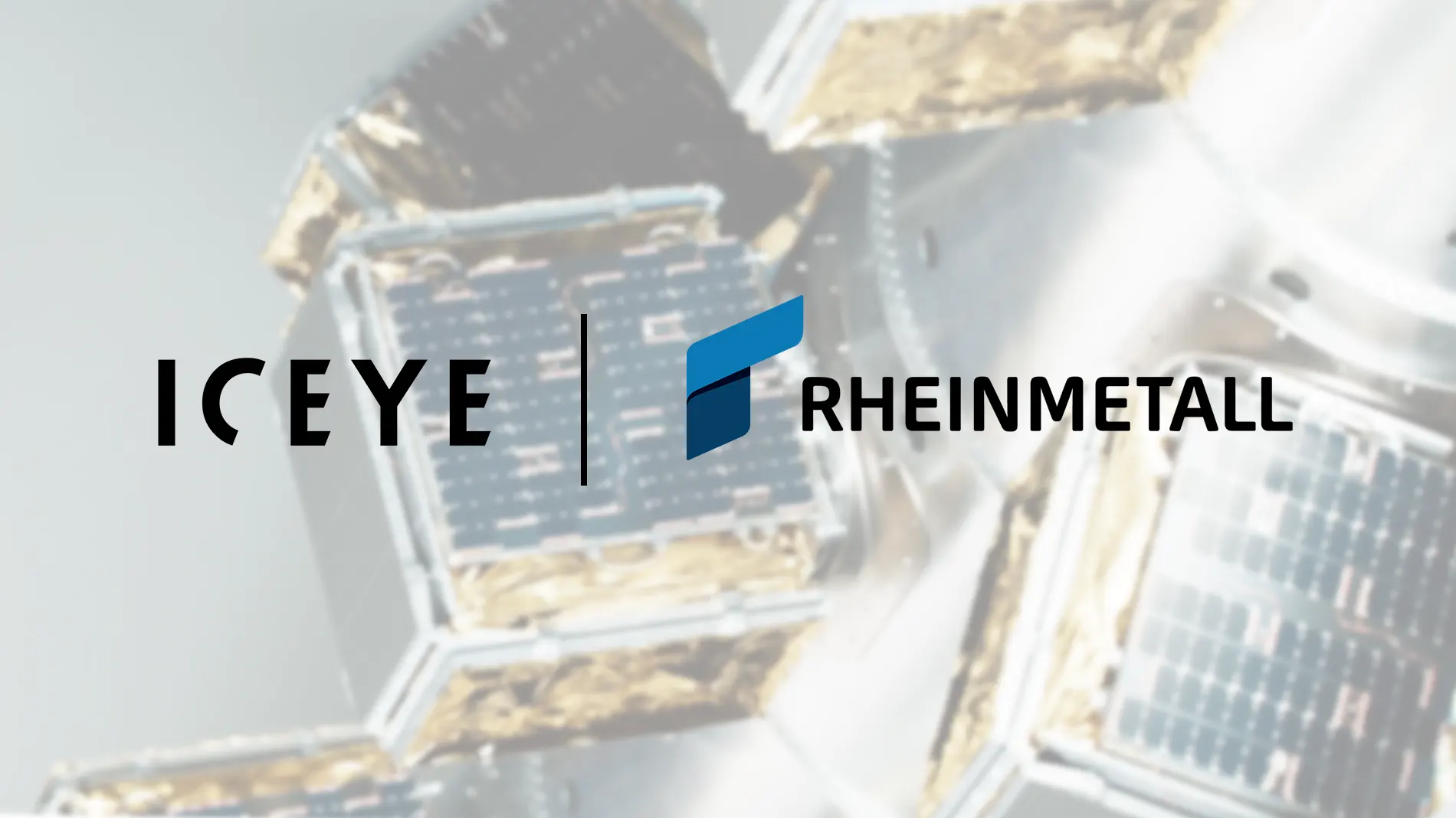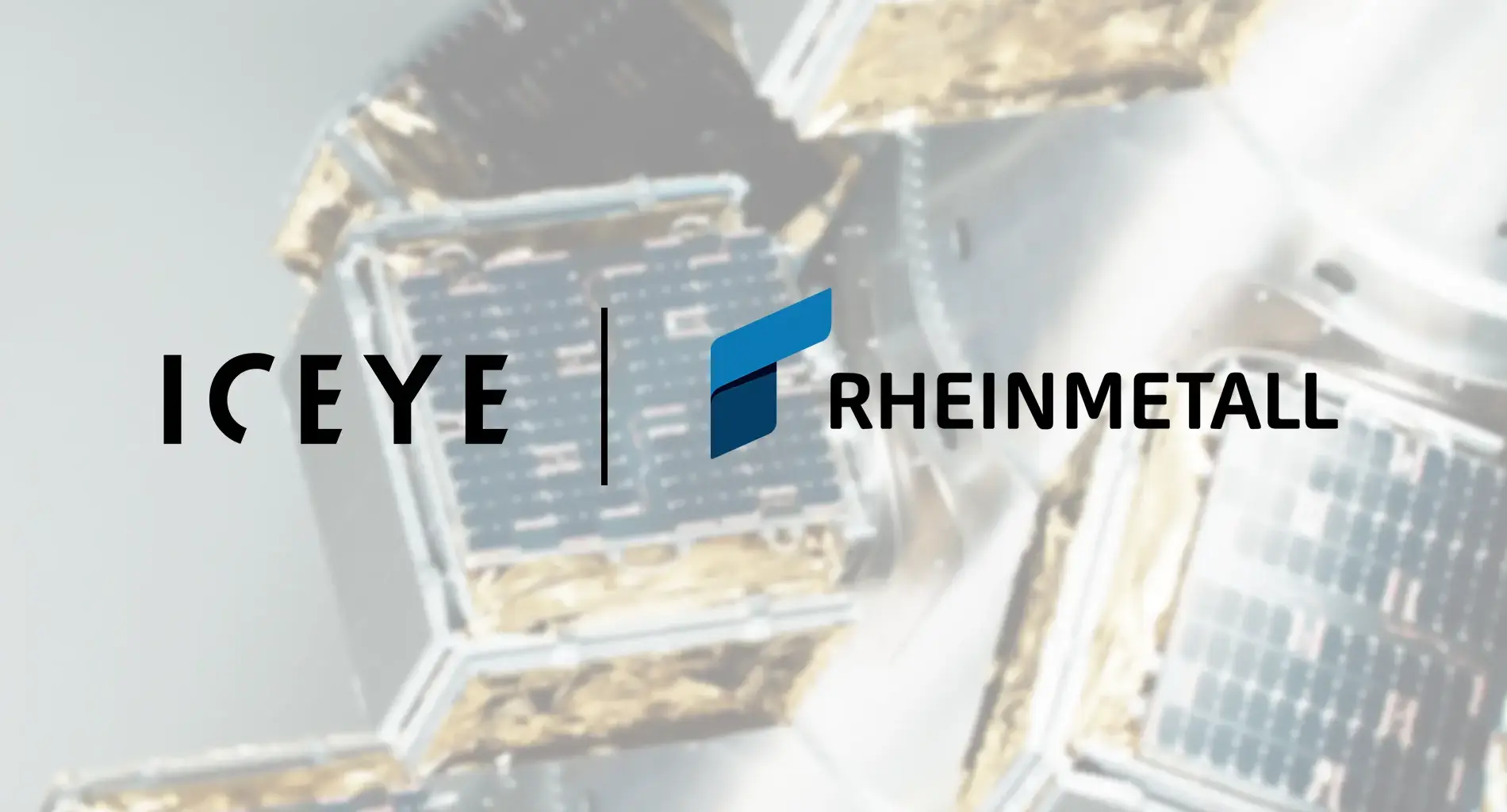 Credit: ICEYE / Rheinmetall / European Spaceflight
Credit: ICEYE / Rheinmetall / European Spaceflight
German technology group Rheinmetall and Finnish satellite manufacturer and Earth observation data provider ICEYE have officially established a joint venture to build satellites in Germany.
Rheinmetall’s partnership with ICEYE began in early 2024 following a strategic investment made through the company’s Rheinmetall Nordic subsidiary. In September 2024, Rheinmetall acquired the exclusive rights to distribute ICEYE products to customers in Germany and Hungary. In May 2025, Rheinmetall and ICEYE signed a memorandum of understanding to establish a joint venture that would enable the pair to collaborate on producing satellites in Germany.
On 7 November, the two companies announced that the joint venture, named Rheinmetall ICEYE Space Solutions, had been officially established in Neuss, Germany. Rheinmetall will be the majority shareholder with a 60 percent stake, while ICEYE will hold the remaining 40 percent. According to Rheinmetall, the new facility will form part of its larger “Space Cluster” in Germany. The company has, however, not specified what the Rheinmetall Space Cluster encompasses.
“With the establishment of the new joint venture, we are making further inroads into the space domain,” said Rheinmetall CEO Armin Papperger in May. “We are thus not only responding to the increased demand for space-based reconnaissance capabilities among armed and security forces worldwide, but also contributing to the preservation and expansion of Germany as a centre of technology. Our highly qualified colleagues at the Neuss site are being given a promising new perspective for the future.”
The facility in Neuss will operate as a hybrid plant, part of a broader initiative from Rheinmetall to repurpose portions of its automotive production facilities in Berlin and Neuss for defence applications. It will initially leverage ICEYE’s expertise in producing Synthetic Aperture Radar (SAR) satellites. However, the pair expect the Neuss site to eventually produce other space solutions, although neither has provided further details. The first satellites produced at the new facility are expected to be ready in 2026.
Keep European Spaceflight Independent
Your donation will help European Spaceflight to continue digging into the stories others miss. Every euro keeps our reporting alive.

